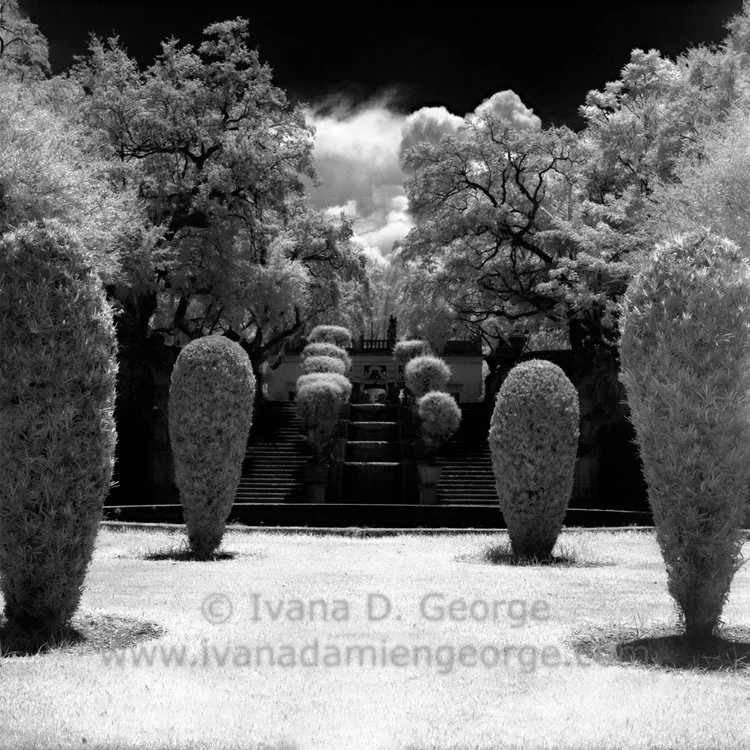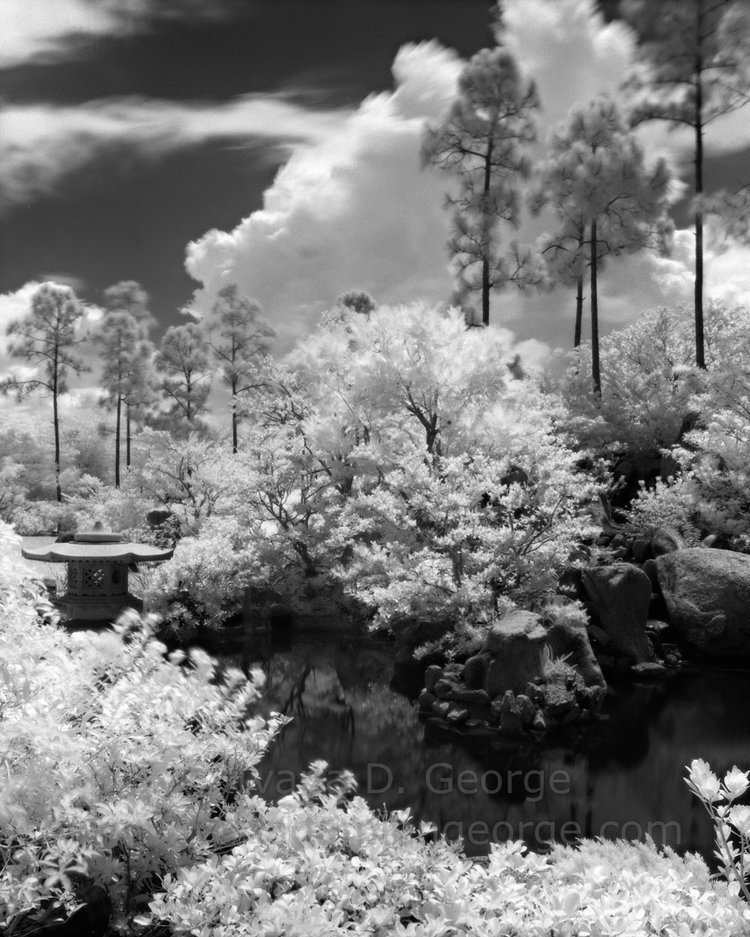Your Inside Look Into Unique Garden Design Philosophies
/Have you explored these garden types?
When I was 17, my mother took me on my very first international trip. We visited England, France and Spain. While we were there, we stopped at multiple European style gardens including Kew Gardens in London, Rodin Sculpture Garden in Paris, and Parc Guell in Barcelona. Growing up in North Carolina, I had only ever visited the local botanical garden which was very natural, almost mimicking how the foliage would grow in nature. However, European gardens are very different.
European Gardens
European garden styles actually originate from 2000BC Egypt and have slight variations and influences amongst the different European countries. For example, Italian and French gardens tend to showcase sharp and defined edges whereas modern English gardens take on a bit of a softer feel. However, they all share in a few defining characteristics. European gardens are created to fit an aesthetic, so they are designed to be geometric, symmetrical, and to lead the visitor to a focal point which is usually a statue. Some plants are carefully pruned into regular, repeating shapes. These gardens require quite a bit of upkeep to retain their romantic, organized, and symmetrical beauty. Their purpose is usually recreation and relaxation.
Viscaya Jardin #3 (click the image to shop the print)
Japanese Gardens
In college, I took a course called “Nature in Asian Traditions of Thought”. We read the Tao Te Ching attributed to Lao-Tzu (l. c. 500 BCE, also known as Laozi or Lao-Tze), He was a Chinese philosopher credited with founding the philosophical system of Taoism. From that text and others I learned about Qi. It has different names for different traditions, for example, In Chinese tradition it is called qi and in Japanese tradition it is ki (pronounced ChEE). Qi is a concept meaning “vital energy” that comprises and moves through all matter including both living and non-living matter. I learned that due to the concept of Qi being widely adopted in many Asian cultures, that these cultures conceptualize a fundamentally interdependent relationship with nature. The philosophy of Qi teaches that humans and all beings/non-beings move this vital energy among each other and therefore, cultivate a strong relationship between humans and nature. With the recognition that Qi moves through all things both living and nonliving, the natural elements in the environment is understood as something to be respected. Though I haven’t had the privilege to visit Japan, I have been able to visit the Japanese style gardens in San Francisco called San Francisco Botanical Gardens and the Morikami Gardens in Florida.
Drawing from Taoist, Shinto and Buddhist traditions, Japanese garden design seeks to inspire peaceful contemplation. The purpose of the garden is to create an asymmetrical yet harmonious arrangement of rocks, water, plants growing in their natural form, and statuary. The arrangement of the garden elements uses principles of curved lines to draw your eye through the space. The background scenery is considered and incorporated in the garden design. The goal of the garden is to create harmony with nature and facilitate the flow of Qi through the garden.
Differing Philosophies
The greatest differences between European and Japanese style gardens, aside from aesthetics, boil down to philosophy. In their organized and symmetrical structure, European gardens convey dominion over nature. This concept of having the right to dominate, manipulate and shape the natural world is a philosophy common among European derived Western Nations. On the other hand, Japanese gardens reflect the concept of Qi moving through all matter and embrace the spontaneity of nature conveying a reverence for the natural world.
Do You Want To Bring These Gardens Into Your Home?
Shop The Collections by Clicking The Images Below.
Do you have a preference for either garden style? Please leave your comments! - Ivana










